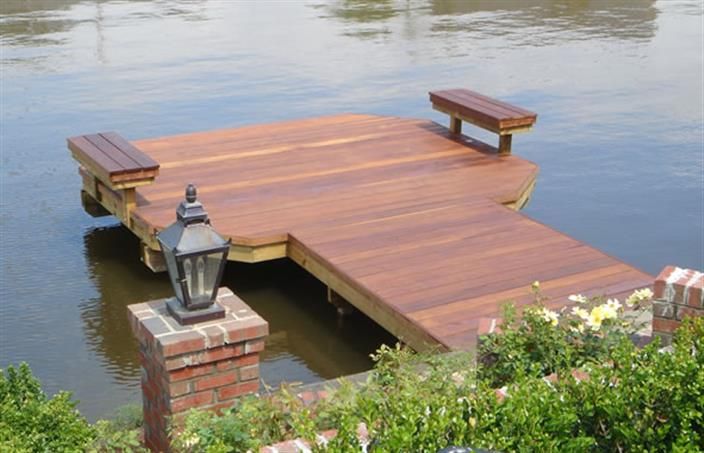Floating docks are rapidly becoming a popular choice for waterfront properties, offering both practicality and aesthetic appeal. These innovative structures are designed to rise and fall with water levels, making them ideal for areas with fluctuating tides or unstable shorelines. Whether for personal use or commercial purposes, floating docks can enhance any waterfront, providing easy access to the water while being both functional and visually striking. One of the most notable advantages of floating docks is their adaptability. Unlike traditional fixed docks, which are anchored to the bottom of the body of water, floating docks are not affected by seasonal changes in water levels. This makes them especially beneficial in areas prone to tidal fluctuations, high-water events, or shifting shorelines. Floating docks can adjust with the natural movements of the water, ensuring consistent access to the water, no matter the conditions. This is particularly important for boat owners, as it allows for easier docking and undocking of boats without the concern of water level variations.

Beyond functionality, floating docks offer several practical benefits for waterfront properties. They can be installed in various locations where traditional docks may not be feasible due to environmental concerns or depth constraints. Floating docks are versatile in terms of design and can be customized to suit the specific needs of the area. For example, they can be outfitted with additional features like benches, storage spaces, or even platforms for recreational activities such as fishing or sunbathing. This flexibility in design allows property owners to maximize the use of their waterfront space. Additionally, floating dock is often constructed with durable materials such as polyethylene, aluminum, or composite wood, ensuring that they are resistant to the harsh marine environment. These materials not only provide longevity but also require minimal maintenance, as they are less susceptible to rotting, corrosion, or rusting compared to traditional wood or metal docks.
The low maintenance requirements make floating docks a cost-effective solution for waterfront properties, as owners do not need to constantly replace or repair their docks due to wear and tear from water exposure. Floating docks also contribute to the overall aesthetic appeal of waterfront areas. Their sleek, modern design adds a touch of sophistication to any property. They blend seamlessly with the natural surroundings, enhancing the visual appeal without overpowering the landscape. Whether in a residential setting or at a marina, floating dock manufacturers create a luxurious and inviting atmosphere that draws people to the water. They offer an unobtrusive yet stylish solution to waterfront access, allowing the beauty of the natural surroundings to shine through while providing a functional space for activities. Moreover, the environmental impact of floating docks is minimal. Unlike fixed docks, which can disrupt natural habitats or require more extensive construction processes, floating docks are typically more eco-friendly. They have a smaller footprint and cause fewer disturbances to the water’s ecosystem, preserving the natural environment while still providing the necessary infrastructure for waterfront activities.
